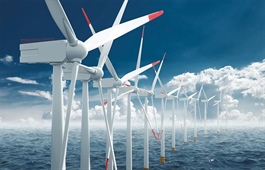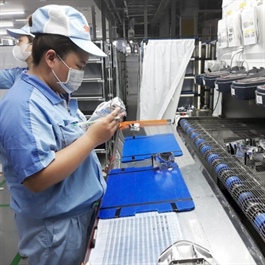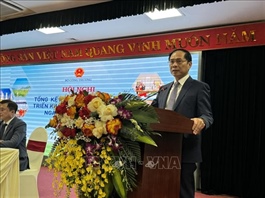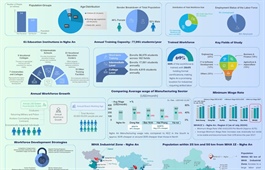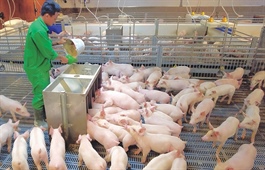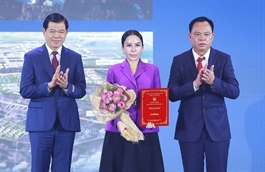Utilising nuclear power in harmony with green growth
Utilising nuclear power in harmony with green growth
The revised Electricity Law is creating a development space for nuclear power in Vietnam. Nguyen Thai Son, vice president of the Vietnam Energy Association, talked with VIR’s Nguyen Thu about the role of nuclear power projects in green growth.
The revised law also supports the development of nuclear power. How does this help ensure the power supply?
With the global trend increasingly focusing on nuclear energy as a sustainable and stable solution, Vietnam has a great opportunity to develop its own nuclear energy industry, contributing to ensuring energy security, economic development, and environmental protection.
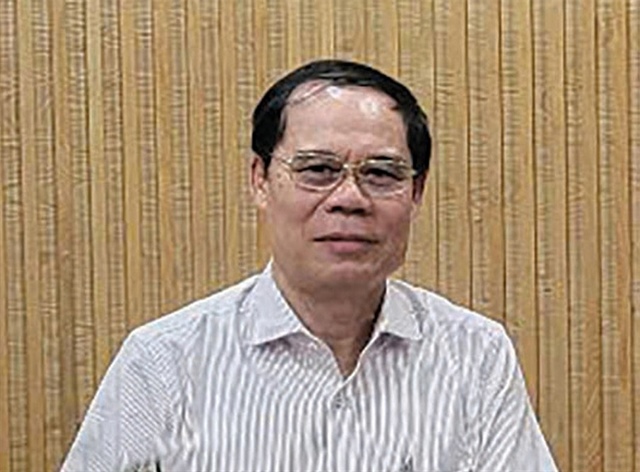
Nguyen Thai Son, vice president of the Vietnam Energy Association |
Electricity demand increases by an average of about 10 per cent per year. This demand is forecast to increase sharply by around 12-13 per cent in 2025, to achieve the GDP growth target of 6.5-7 per cent. To ensure energy security, according to calculations, for 1 per cent economic growth, electricity growth of 1.5 per cent is needed.
There are three advantages of nuclear power. First is the ability to provide a stable power source, not dependent on the weather, to meet the electricity demand for the growing economy.
Secondly, nuclear power does not emit CO2 directly, helping to minimise climate change and air pollution, so nuclear power will contribute to achieving carbon neutrality as the target by 2050 according to the direction that the government has committed to.
Thirdly, nuclear power will promote industry and engineering in Vietnam. Large nuclear power plants bring high-quality jobs and help Vietnam access advanced technologies from developed countries.
Vietnam had a plan to develop nuclear in the previous decade, but it was stopped for many reasons, including safety concerns. What factors are needed for Vietnam to develop nuclear power in the future?
To realise the plan to develop nuclear power in the future, we need to prepare carefully in all aspects, from developing human resources and infrastructure to building a strict safety mechanism to manage an effective system.
All must be done with a long-term, methodical, and cautious strategy. In my opinion, the human factor is the first point. Building a nuclear safety culture is a hard criterion for every staff and process.
Currently, there is advanced and modern nuclear power technology. However, the technology must be proven and have enough time to be proven.
Nuclear safety must be the number one priority in every project stage, from design and construction to operation and waste treatment. Vietnam needs to build a strict nuclear safety monitoring and management system that meets international standards; as well as invest in training qualified personnel in nuclear safety. The decisive condition is the highest determination from all levels to ensure the factors of sustainability and unity.
The Vietnam Energy Association’s review board has recommended that if Vietnam returns to nuclear power research, it should return to the researched location and capacity to avoid waste. Is this feasible?
I entirely agree, and we will save 4-5 years of searching for locations. If we can take advantage of this past research, we can save and optimise time, effort, and money.
To implement the Electricity Law passed by the National Assembly, the prime minister has assigned the Ministry of Industry and Trade to urgently develop guiding decrees and a list of nuclear power plant projects.







